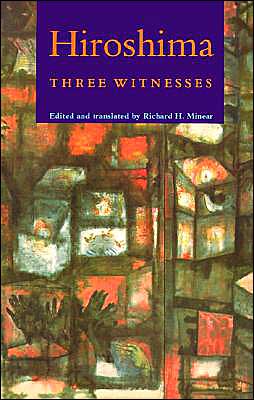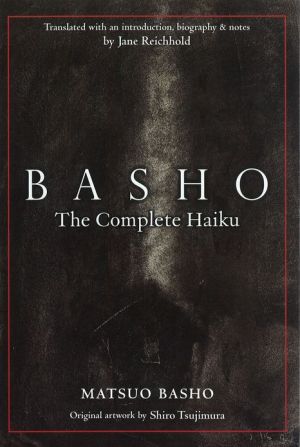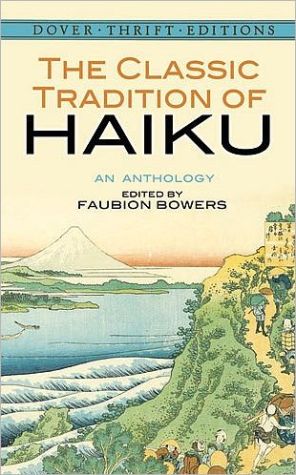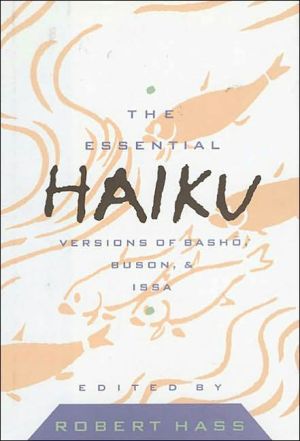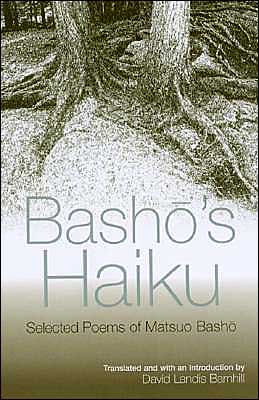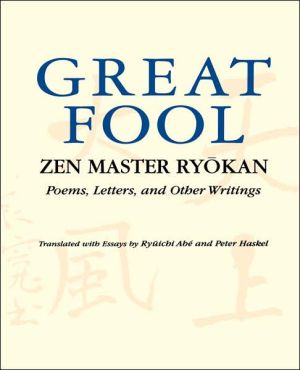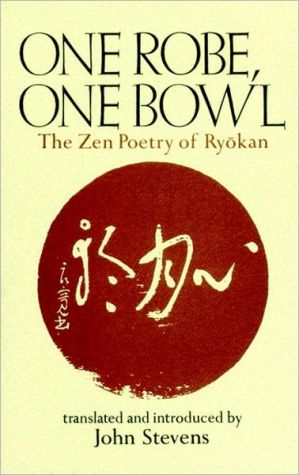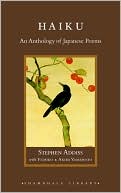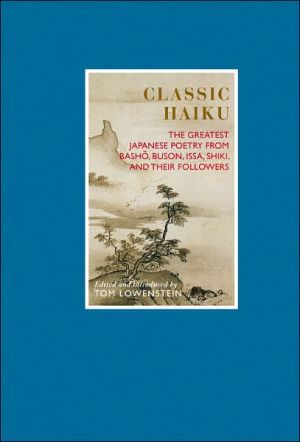Hiroshima: Three Witnesses
"I'll search you out, put my lips to your tender ear, and tell you. . . . I'll tell you the real story—I swear I will."—from Little One by Toge Sankichi\ Three Japanese authors of note—Hara Tamiki, Ota Yoko, and Toge Sankichi—survived the atomic bombing of Hiroshima only to shoulder an appalling burden: bearing witness to ultimate horror. Between 1945 and 1952, in prose and in poetry, they published the premier first-person accounts of the atomic holocaust. Forty-five years have passed since...
Search in google:
"I'll search you out, put my lips to your tender ear, and tell you. . . . I'll tell you the real story--I swear I will."--from Little One by Toge SankichiThree Japanese authors of note--Hara Tamiki, Ota Yoko, and Toge Sankichi--survived the atomic bombing of Hiroshima only to shoulder an appalling burden: bearing witness to ultimate horror. Between 1945 and 1952, in prose and in poetry, they published the premier first-person accounts of the atomic holocaust. Forty-five years have passed since August 6, 1945, yet this volume contains the first complete English translation of Hara's Summer Flowers, the first English translation of Ota's City of Corpses, and a new translation of Toge's Poems of the Atomic Bomb. No reader will emerge unchanged from reading these works. Different from each other in their politics, their writing, and their styles of life and death, Hara, Ota, and Toge were alike in feeling compelled to set down in writing what they experienced. Within forty-eight hours of August 6, before fleeing the city for shelter in the hills west of Hiroshima, Hara jotted down this note: "Miraculously unhurt; must be Heaven's will that I survive and report what happened." Ota recorded her own remarks to her half-sister as they walked down a street littered with corpses: "I'm looking with two sets of eyesthe eyes of a human being and the eyes of a writer." And the memorable words of Toge quoted above come from a poem addressed to a child whose father was killed in the South Pacific and whose mother died on August 6th--who would tell of that day? The works of these three authors convey as much of the "real story" as can be put into words.
List of IllustrationsixAcknowledgmentsxiNote on Japanese Names and TermsxiiiIntroduction3Summer Flowers19Translator's Introduction21Summer Flowers45From the Ruins61Prelude to Annihilation79City of Corpses115Translator's Introduction117Preface to Second Edition (1950)147An Autumn So Horrible Even the Stones Cry Out153Expressionless Faces165Hiroshima, City of Doom178The City: A Tangle of Corpses198Relief225Wind and Rain251Late Autumn Koto Music268Poems of the Atomic Bomb275Translator's Introduction277Prelude305August 6306Dying308Flames311Blind313At the Makeshift Aid Station315Eyes317Warehouse Chronicle319Old Woman323Season of Flames327Little One331Grave Marker334The Shadow339A Friend341Landscape with River343Dawn344The Smile346August 6, 1950347Night350In the Streets352To a Certain Woman353Landscape355Appeal357When Will That Day Come?358Entreaty366Afterword367The Hiroshima Murals of Maruki Iri and Maruki Toshi: A Note371Glossary379Guide to Names and Places381Suggestions for Further Reading389
